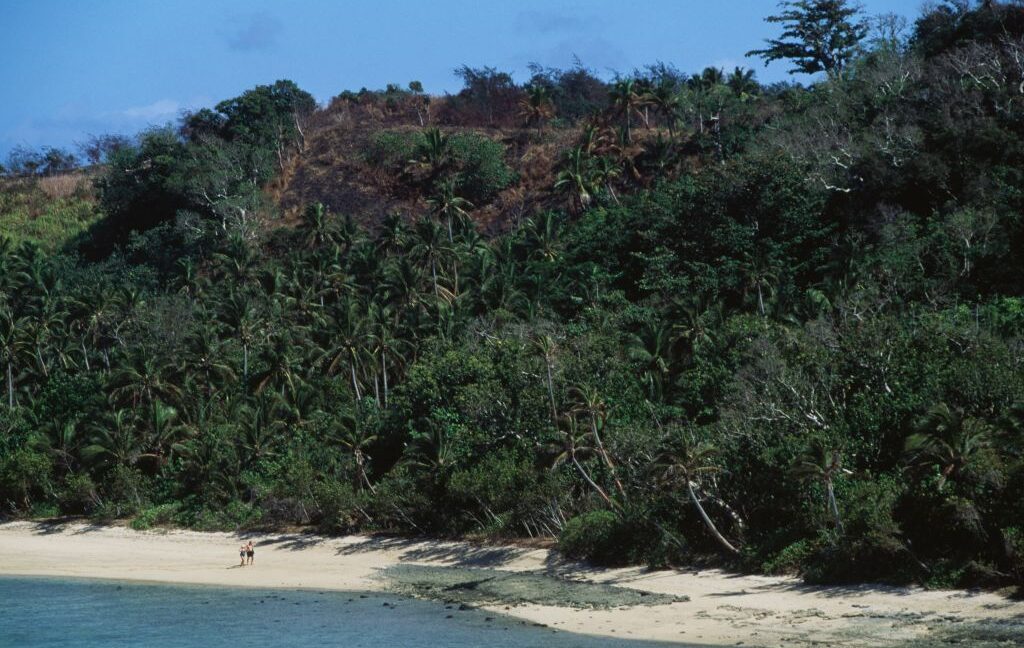
"In late 2017, a study by Krefeld Entomological Society looked at protected areas across Germany and discovered that two-thirds of the insect populations living in there had vanished over the last 25 years. The results spurred the media to declare we're living through an "insect apocalypse," but the reasons behind their absence were unclear. Now, a joint team of Japanese and Australian scientists have completed a new, multi-year study designed to get us some answers."
""In our work, we focused on ants because we have systematic ways for collecting them," says Alexander Mikheyev, an evolutionary biologist at the Australian National University. "They are also a group with the right level of diversity, where you have enough species to do comparative studies." Choosing the right location, he explained, was just as important. "We did it in Fiji, because Fiji had the right balance between isolation-which gave us a discrete group of animals to study-but at the same time was diverse enough to make comparisons," Mikheyev adds."
A multi-year effort combined museum specimens and community genomics to reconstruct ant population dynamics across the Fijian archipelago over thousands of years. The project targeted ants because of systematic sampling methods and sufficient species diversity for comparative analysis. Fiji offered an ideal balance of isolation and diversity, providing discrete but comparable populations across islands. The approach extends inference beyond the century-scale limits of observational sampling by using collective genetic material to infer historical demographic changes. The expanded timeframe aims to identify long-term baselines and drivers behind recent insect population declines.
Read at Ars Technica
Unable to calculate read time
Collection
[
|
...
]